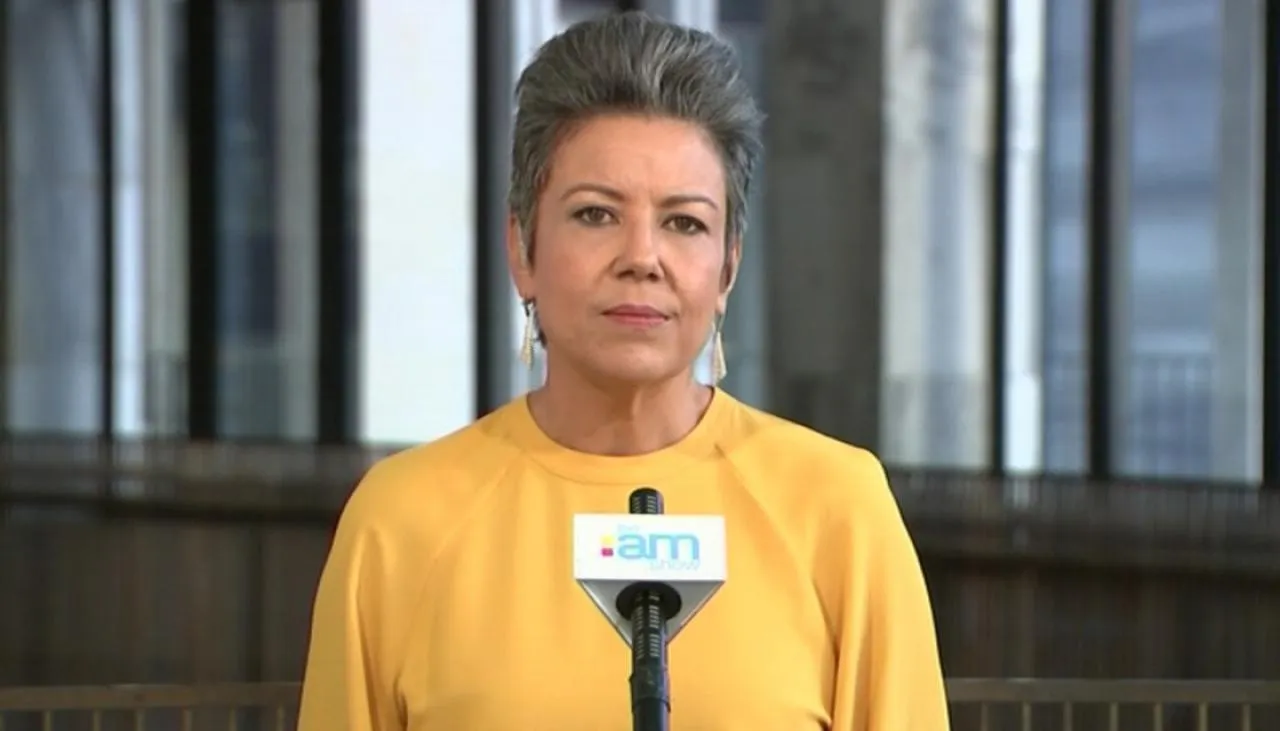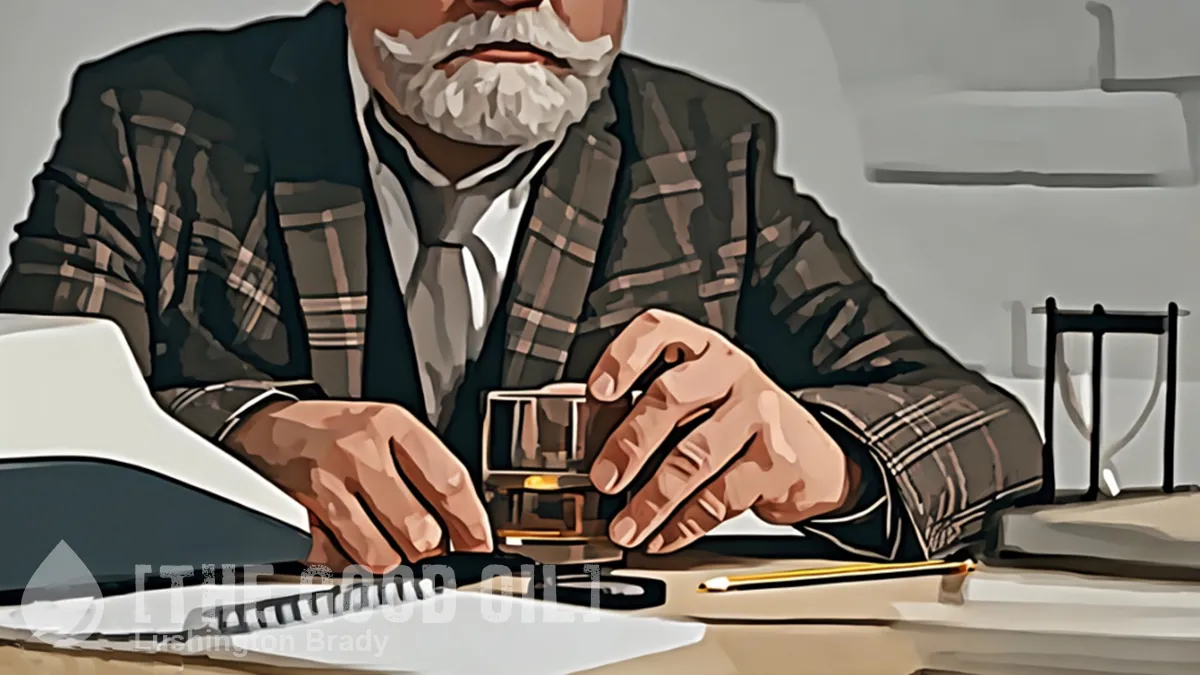Table of Contents
Hon PAULA BENNETT (Deputy Leader—National): Thank you, Mr Speaker. I move, That the House take note of miscellaneous business.
The prime minister says she did not know there were sexual assault allegations against one of her staff members until Monday. I could go through the various media reports since 5 August and my own representation since being contacted by victims to show the inconsistencies in this, but they have already been well traversed in the last 24 hours.
Back in 2016, Jacinda Ardern wrote an op-ed about the scandal surrounding the Chiefs rugby team. She said that a resignation is not enough: “It’s the PR quick fix—usher the source of the controversy away. But that solves nothing. After all, apologies followed by silence changes nothing, and change is what we need.”
The resignation today of Nigel Haworth cannot be, in the prime minister’s words, “the PR quick fix—usher the source of the controversy away.” Yes, Mr Haworth needed to go, and it should have happened weeks ago, but what is also known is that the prime minister’s own senior staff and a senior Minister have known the seriousness of the allegations but have not acted.
The complainants were members of the Labour Party. They genuinely believed that the party would listen to their complaints and deal with the alleged offender appropriately, but nothing happened. It clearly has taken an incredible sense of frustration, disappointment, and disillusion for these people to come to me, a National Party MP, to try and see their complaints addressed.
These are serious allegations. The prime minister cannot keep her head in the sand and pretend like it is happening somewhere far, far away. It is happening in her own office, in her own organisation. She is the leader of the Labour Party. The alleged perpetrator works in her leader’s office—he works for her.
Less than a year ago, the prime minister was in New York at the UN, trumpeting “Me too should be we too.” Well, who knew that that meant her own office was following the path well trod by all those companies who drew a curtain over sexual misconduct and inappropriate behaviour.
I have been told by the complainants that Jacinda Ardern’s former chief of staff Mike Monroe knew about the allegations, her chief press secretary, Andrew Campbell, knew about the allegations, and the director of her leader’s office, Rob Salmond, knew about the allegations. I have been told by two victims who work in parliament that they went to Rob Salmond around Christmas time and made a complaint about the alleged perpetrator.
The prime minister has constantly said her office did not receive complaints and, in fact, encouraged the victims to speak to their line managers. They did. They have told me they went to Rob Salmond and nothing was done, and we are expected to believe that none of these men in her own office told the prime minister about the allegations—all of this in the aftermath of the Labour summer camp scandal, when the prime minister made it very clear she expected to have been told. And are we really expected to believe that she didn’t know that her chief press secretary, Andrew Campbell, embarked on a witch-hunt to try and find out who in the Beehive was talking to the media about the allegations? The complainants certainly felt hunted and scared that he was trying to shut them up and stop them from talking to the media—classic bullying of victims, and hardly a victim-led response.
A victim has told me that the alleged perpetrator has deep alliances to Grant Robertson, that he was involved in his campaign for the Labour Party leadership, and that Grant Robertson has known the seriousness of these allegations. It is unbelievable that he hasn’t discussed this with his close friend and his leader.
This all smacks of a cover-up. This goes straight to the top: to the prime minister, to senior Cabinet ministers, and—
SPEAKER: Order! The member’s time has expired.









